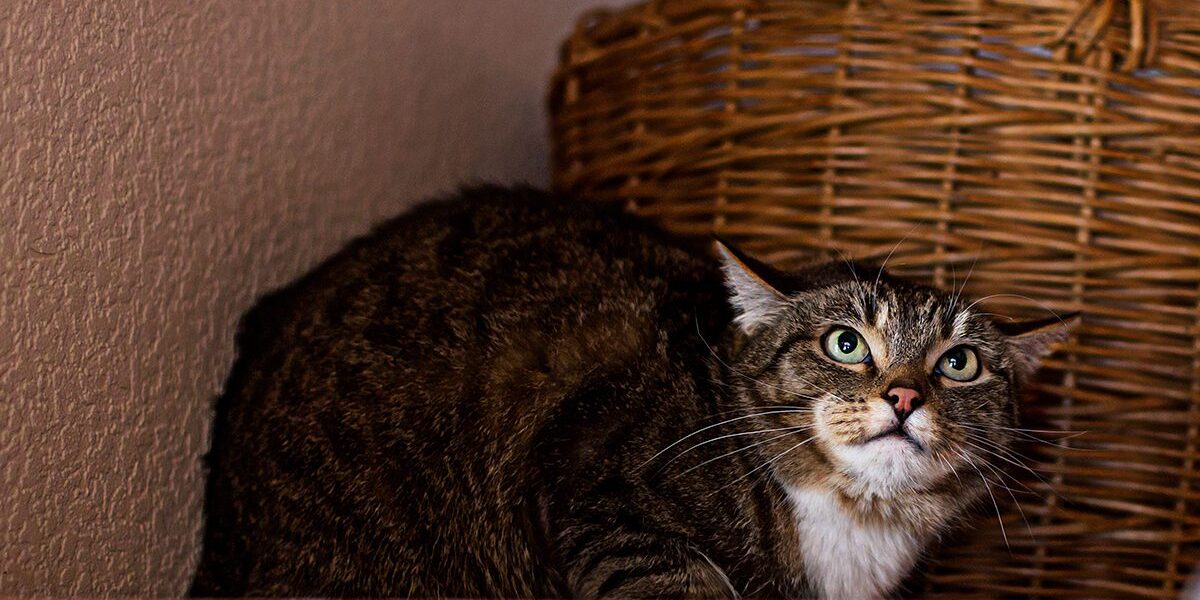
Urinary Blockage in Cats: Why It’s an Emergency—and What You Need to Know
If your cat is visiting the litter box repeatedly, straining to pee, or crying out—call us immediately. This may be more than just a urinary tract infection. It could be a life-threatening urinary blockage.
At PetMed of Key West Veterinary Clinic in Dubuque, we frequently treat urinary emergencies in cats, and while both males and females can develop blockages, the condition is dramatically more common in male cats due to their narrower urethral anatomy.
Why Do Cats Get Blocked?
A urinary blockage happens when something obstructs the flow of urine from the bladder through the urethra. In most cases, this is caused by inflammation, mucus plugs, or urinary crystals, especially in cats with Feline Idiopathic Cystitis (FIC).
Although female cats can become blocked, it’s much rarer because their urethra is shorter and wider. In male cats, the urethra narrows significantly at the tip of the penis, making it much easier for a blockage to occur—even without stones or infection.
Warning Signs of a Urinary Blockage
- Straining to urinate with little or no urine output
- Frequent trips to the litter box
- Crying or vocalizing while trying to urinate
- Blood-tinged urine
- Urinating outside the box
- Lethargy, vomiting, or hiding
- Licking the genitals excessively
If your cat—especially a male—is trying to urinate and nothing is coming out, this is a true emergency. A blocked bladder can lead to dangerous electrolyte imbalances, toxin buildup, kidney damage, or even bladder rupture.
How We Treat a Blocked Cat
Immediate veterinary intervention is critical. Treatment typically includes:
Sedation and Urinary Catheterization
A sterile catheter is placed to relieve the obstruction, allow urine to flow, and flush the bladder.
IV Fluids
These help clear toxins from the bloodstream and correct electrolyte imbalances and azotemia (elevated kidney values).
Hospitalization and Catheter Maintenance
We recommend leaving the urinary catheter in place for 24–48 hours, or longer if needed, to allow inflammation to subside and reduce the risk of re-blocking.
What About Overnight Care?
It’s important to know that no veterinary clinics in Dubuque offer staffed and monitored overnight care. This means that no local facility—including ours—has a veterinarian or technician monitoring pets overnight. If your cat is not stable or needs close monitoring, we will recommend transfer to a 24/7 emergency hospital such as:
- BluePearl in Cedar Rapids
- VCA-VES in Middleton, WI
For stable cats, we do offer overnight boarding with the urinary catheter in place to keep your cat clean, contained, and comfortable at home. However, this is not the same as active monitoring, and owners should understand the limitations.
Aftercare and Long-Term Management
Once the catheter is removed, cats need continued care to reduce the risk of recurrence, especially if the blockage was due to FIC (which is often stress-related).
Long-term support may include:
- Prescription urinary diets
- Increased water intake (canned food, water fountains)
- Feliway® pheromone diffusers
- Pain medications or antispasmodics during flare-ups
- Stress management and enrichment
Don’t Wait—Blockages Can Be Fatal
If your cat is showing signs of urinary distress, call us immediately. The sooner we intervene, the better the chance of a full recovery—and the less risk of complications. Contact PetMed of Key West Veterinary Clinic in Dubuque today if your cat is straining to urinate. We’re here to provide urgent care, compassionate support, and a long-term plan to keep your cat comfortable and healthy.
